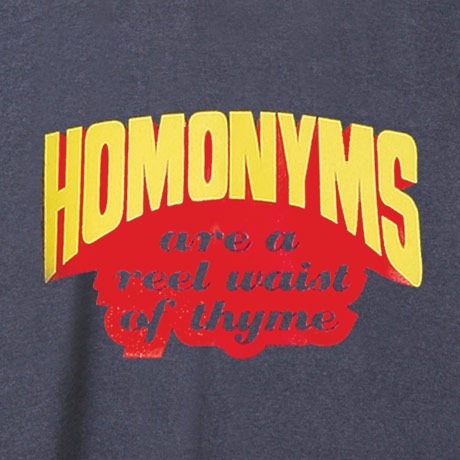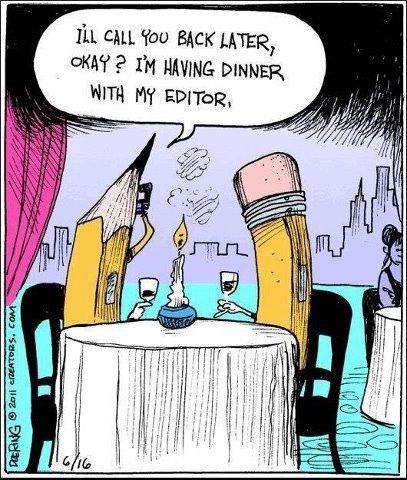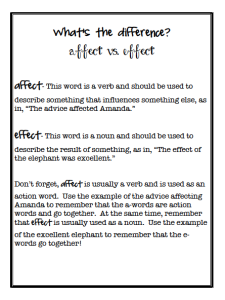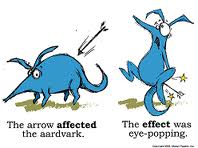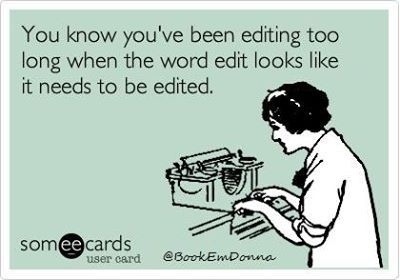Lose vs. Loose

I am a sports fan. I love college football and it’s no secret this is my favorite time of year. Unfortunately, it’s also the time of year when I have to endure one of my biggest pet peeves. Why is it so difficult to know the difference between lose and loose?
Looking at the above photo, I hope you can understand the irony of the statement. If you can’t, never fear, I’m going to give you the definitions of lose and loose and hopefully it will help you use the proper word in the future.
And for the record, I no longer want to hear anyone complain about their team loosing a game again.
Lose is only a verb. To lose is to suffer a loss, to be deprived of, to part with, or to fail to keep possession of.
Loose is mainly an adjective used to describe things that are not tightly fitted. Where it is a verb, it means to release—for example, they loosed the dogs on the intruders—but the word is only rarely used this way. It also has a noun sense mainly confined to the idiom on the loose, which means at large. When you need a verb meaning to partially release or to relax, loosen is usually the best choice.
Friday Fun
Affect vs. Effect
I have the hardest time keeping the proper use of affect and effect clear when I’m writing. Most of the time, I need to look it up just to double check I’m using the correct choice. Here are a couple of memes that will (hopefully) make it clear for you as well.
Friday Fun
Assure vs. Ensure vs. Insure
This is one of those mistakes I see most often. The three words, assure, ensure, and insure, are often confused. All three words share an element of “making an outcome sure,” but they cannot be used interchangeably. Here are the unique aspects of each word:
Assure is to promise or say with confidence. It is more about saying than doing.
Example: I assure you that you’ll be warm enough.
Ensure is to do or have what is necessary for success.
Example: These blankets ensure that you’ll be warm enough.
Insure is to cover with an insurance policy.
Example: I will insure my home with additional fire and flood policies.
Using the proper word will allow you to communicate your intention clearly.
Friday Fun

Friday Fun

Very & Really
Today’s Tuesday Tip comes from TheWriteLife.com’s 25 Editing Tips for Tightening Your Copy.
#13 – Try really hard to spot instances of “very” and “really”
This is a very difficult one to remember. I almost never get it right, until I go back through my copy, and the word jumps out at me, and then I change the sentence to “This is a difficult one to remember.” Because really, how much is that “very” helping you get your point across?
It doesn’t make the task sound more difficult. Same thing with “really.” It’s not a “really” difficult tip to remember. It’s simply a difficult tip to remember. Got it?
TheWriteLife.com – http://thewritelife.com/edit-your-copy/

